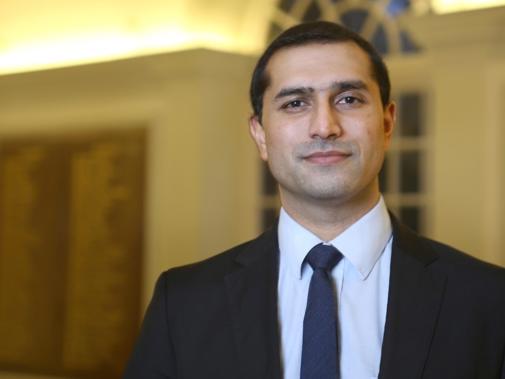At a webinar organised by the BMA network of elected women, BMA pensions committee chair Vishal Sharma (pictured) said factors such as maternity leave and less-than full-time work could have a real effect on people’s pensionable pay, and doctors should be aware of the challenges and act accordingly.
‘Pensions have become incredibly complicated,’ he said. ‘The gender pension gap is really significant and very much affects women in the NHS. It’s really important to know some of the traps that exist and to make sure that you make the best choices.’
Tax awareness
Dr Sharma described pension dilemmas that can hit at every point of a doctor’s career, from the newly graduated junior who might wonder if it is better to pay into a pension or pay off student loans, through to the issues facing doctors as they approach retirement, and when they are in receipt of their pensions.
This included warnings to doctors to be sure they knew the tax they would have to pay if their pensionable pay rose to particular levels, and to make sure they didn’t exceed maximum annual and lifetime allowances.
Personal advice
Answering questions after the presentation, Dr Sharma and pensions committee member Silvia Ferrera tackled topics including the particular issues faced by sessional GPs, and how pensions are affected by maternity leave or career breaks.
Dr Sharma said it was important everyone looked carefully at their own situation at different stages of their career.
‘Because it’s so complicated, because everyone’s different, it’s very important to take individual financial advice,’ Dr Sharma added. ‘The BMA is working really hard to improve the pension system for doctors and other NHS staff, and we’ll keep members informed of any changes and provide as much support as we possibly can.’
Listen to the webinar

